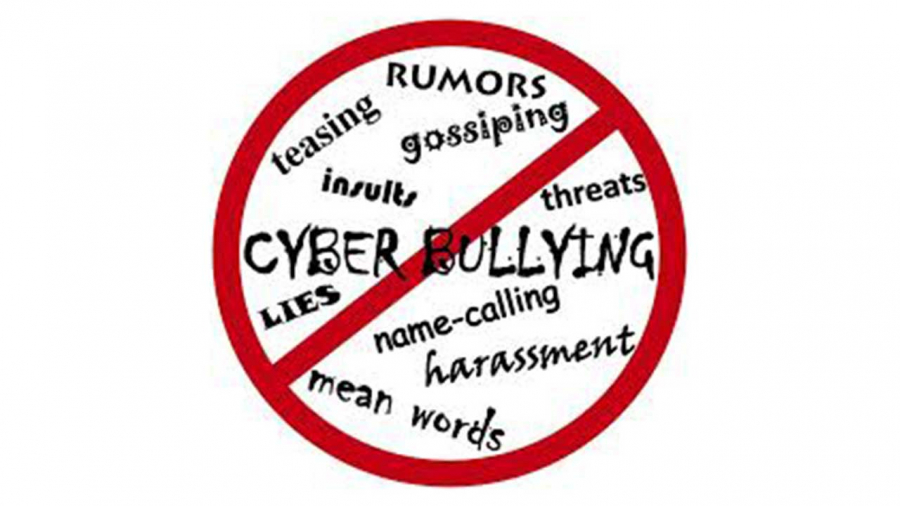Businesses have seen an exponential growth in their scope with growing technology and its innovative application to multiple facets of businesses. In an environment where organizations are able to harness technology and its increasing potential in a manner that is also cost effective, it has become possible to run and operate most operations remotely, even from the confines of one’s own home. This is especially true during this period where, despite the lockdown, businesses have been able to sustain, operate remotely and save themselves from the extent of damage that would otherwise be associated with a crisis of this magnitude. It is useful to consider that, arguably, the most affected by this technological advent is communication. Services such as Whatsapp, Telegram, Facebook and a host of other messaging apps can be freely used in order to ensure that the communication between employees is continuous, uninterrupted and free flowing. It is virtually impossible for an organization, irrespective of its size and scale, to not have multiple formal as well as informal ‘Whatsapp groups’. Employees communicate in a host of different ways and business is carried out over a variety of these platforms. In such an environment where employees become independent of their physical workspaces and perform their duties over a variety of platforms, the idea of a workplace becomes more fluid and so does the idea of professional vs. personal space.
The implications of this fluid and expanding score of a workplace are manifold. However, what chat technologies such as Whatsapp primarily risk is that, under the garb of official communication, they provide a platform for workplace harassment which extends beyond the boundaries of work and into the private life as well. Harassment over digital chat apps is unmitigated and ubiquitous availability of multiple platforms for such communication facilitates such harassment. As a consequence, the present nature and structure of communication through these chat platforms extends the legal and ethical responsibility of the employers.
Online Sexual harassment or Digital Sexual harassment is just as detrimental to a person as in-person sexual harassment. In fact, it can be argued that it is important for employers to realize that Online Sexual harassment and In-person sexual harassment are not two different types of harassment but merely an extension of one another. Behind a screen, however, it is the tendency of the harasser to be braver and therefore more harmful in their actions.
According to data, upwards of 41% women in India complained of having faced sexual harassment of one kind or another online and as per another data roughly four-in-ten Americans have personally experienced online harassment, and 62% consider it a major problem Also as per http://onlineharassmentdata.org/, 28% (in 2018), 22% (in 2016) and 25% (in 2014) of 1,000 18+ Americans were bullied, harassed or threatened online or knew someone why was. With reduced costs and cheaper access to internet, increasing awareness and reliance on technology and situations like the current one, more and more people are joining and accessing social media and other online tools from all around the country every day to communicate. Therefore, it is highly probable that the number of those individuals being harassed online may have become significantly higher.
Law has always found it difficult to catch up to the pace of growing technology. Recently, the Office of Special Inspector General of Police, Maharashtra Cyber has issued an advisory warning that admins of Whatsapp groups along with users could be punished for posting objectionable content on Whatsapp groups. While disinformation and false rumours on media groups is an increasing and legitimate problem, such advisory seems to have no basis in law as more particularly detailed in a recent Livelaw article.
Most organizations are operative during this lockdown and communication through Whatsapp and other unofficial channels is abundant. Inappropriate communications between employees can find its way into conversations in private as well as in group chats. Even if the admin of the group may not be liable in cases like these, the person sending the messages is liable under the Sexual Harassment of Women at Workplace (Prevention, Prohibition and Redressal) Act, 2013. It would be the responsibility of the employer to take note of such instances, find ways to prevent it and ensure that inappropriate instances are appropriately addressed, as per law.
– Vatsal Chorera, Legal & Compliance
 Cart is empty
Cart is empty



